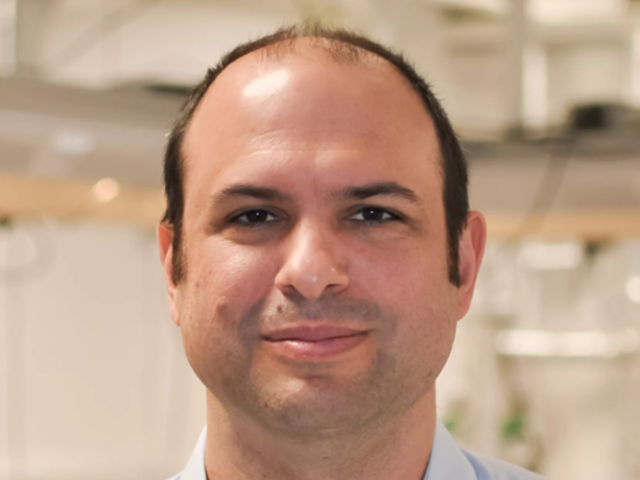Professor Graham Reed FREng, a world-leading expert in silicon photonics, is to receive one of the Royal Academy of Engineering’s highest accolades, the Sir Frank Whittle Medal.
Named after Britain’s jet engine genius, the Sir Frank Whittle Medal is awarded to an engineer resident in the UK whose outstanding and sustained achievements have had a profound impact on their engineering discipline. It will be presented to Professor Reed at the Academy’s AGM in London on 19 September by Sir Frank’s granddaughter.
Silicon photonics impacts every aspect of modern life from communications to computing, healthcare to imaging, security and environmental monitoring and the field is predicted to be worth $4.6 billion by 2027.
Professor Reed is the recently-appointed Director of the Optoelectronics Research Centre at the University of Southampton and before this was the Director of the Zepler Institute at the University of Southampton. He founded his pioneering research group in 1989 and has remained at the forefront of silicon photonics for more than 30 years, with his work widely adopted in industry. He initially demonstrated that the basic technology was viable by demonstrating low-loss waveguides, and some of the first silicon modulators.
He is particularly well known for his work on silicon optical modulators, publishing the first design of a depletion modulator, now an industry standard, as well as landmark high-speed modulators.
Silicon Photonics is now both a commercial success and a thriving research field. Graham recently regained the world record data rate for an integrated optical Mach Zehnder modulator/driver combination in the communications field.
He is also working on a series of emerging applications where the technology could be transformative, including LIDAR for imaging systems, miniature optical sensors for healthcare and environmental monitoring, mid infrared silicon photonics, silicon photonics for space, neuromorphic computing and AI, and photonics for computing.
Professor Reed says: “I’m delighted and humbled to receive the Sir Frank Whittle Medal. It is an honour to be added to such an eminent list of previous winners.
“This medal is recognition for a contribution to engineering over a sustained period, and I must say that this is only possible with an excellent team. Therefore, I must pay tribute to members of my Silicon Photonics Group past and present. I have been fortunate to be able to recruit excellent individuals over a period of more than 30 years, many of whom are now world leaders themselves, so I regard this award as being as much for them as for me.”
Supporting his nomination, Professor Sir David Payne CBE FRS FREng, until recently the Director of the Optoelectronics Research Centre at the University of Southampton, says: “Graham is that rare combination of a top-class scientist and an inspiring and enthusiastic leader driving the world silicon photonics community, constantly striving for excellence in all his professional undertakings and to achieve impact via industrial take up of his developments.
“There would be no silicon photonics technology today without Graham Reed. He initiated the field, pioneered much of the early work, demonstrated its viability, and today has a plethora of world firsts to his credit.”



